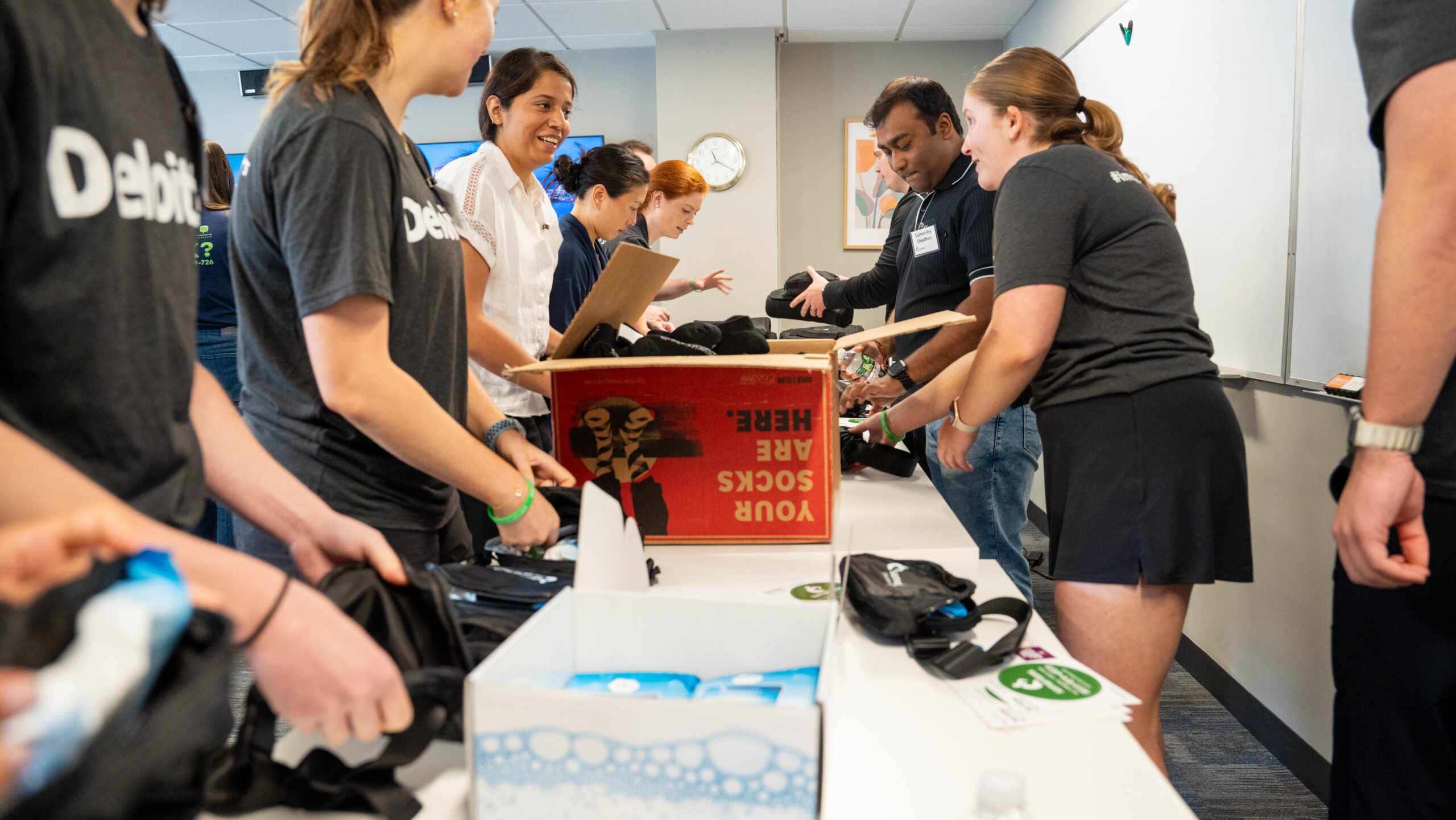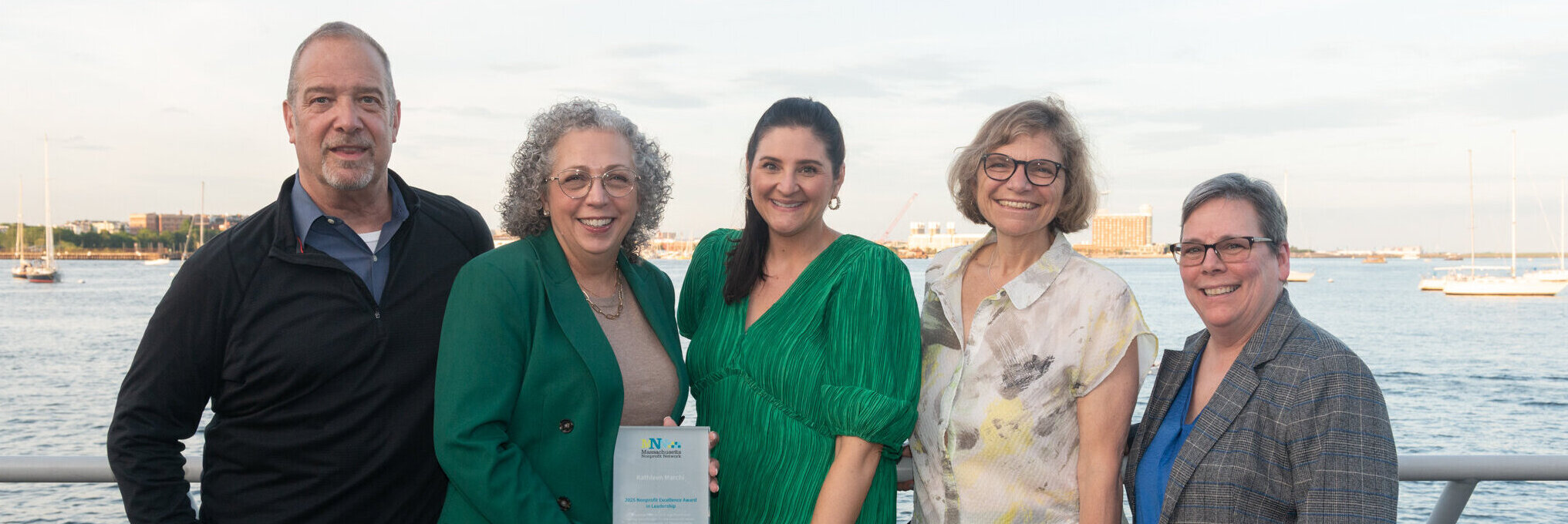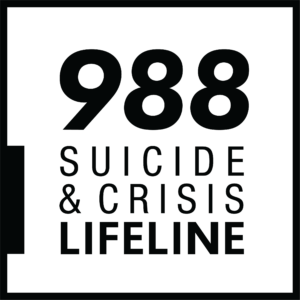In the midst of a pandemic which is disproportionately impacting the Black community, the recent killings of George Floyd, Tony McDade, Breonna Taylor, Ahmaud Arbery, and Nina Pop have propelled a collective pain so great that we must initiate change now.
Some of us have been carrying this pain for our whole lives. Others may just now be understanding the extent. Either way, the violence responsible for these tragedies is not new. Systemic racism permeates our society, creating massive institutional barriers and often fatal endings for many Black people in our country.
The field of mental and behavioral healthcare is no exception. Though many work tirelessly to fight inequity and injustice, the racial disparities in our country are real. Although we are listening and learning, we know that is not enough.
Over the years, our internal Racial Equity Committee has identified ways to change our work to reflect a more equitable lens across our programs, fundraising, and administration. The drivers of our Racial Equity Committee are to create an organizational culture that is more equitable and just; ensure all people feel represented; learn and engage in conversations about racial equity; develop organizational equity-based goals that everyone can hold stake in; look within to acknowledge imperfections, lack of understanding, and fear; and build strategies to broaden intersectional equity. No longer can this important work rest in a state of non-urgency.
Samaritans is committed to:
- Integrating a racial equity lens into our five-year strategic planning efforts;
- Dismantling our existing barriers to engaging with people of color by working with communities directly to understand what they need from our programs and services;
- Building relationships with community partners to address community needs together;
- Supporting staff of color to ensure they feel heard and valued;
- Evaluating how we recruit staff, volunteers, interns, and Board/Council members, including making additional changes to our hiring process;
- Building a calendar of anti-racism training for all staff, interns, volunteers, and Board/Council;
- Offering translation services on our Helpline;
- Providing our materials, such as conversation guides and Helpline posters, in multiple languages;
- Developing more specific mental health resource listings for different communities of color;
- Increasing our percentage of vendors who are Minority-Owned Business Enterprises (MBE); and
- Participating in other racial equity and justice initiatives.
While no individual action or plan alone is adequate in dismantling racism, we all have a part to play. We urge you, along with us, to be brave in discovering the ways our individual and collective actions have allowed systemic and social injustices to exist for too long. We ask you to also commit to tangible anti-racist actions every day and invite you to hold us accountable.
We encourage you, as always, to be empathetic and compassionate with those who are carrying pain, including yourself. As a reminder, you can reach out to our Helpline by call or text anytime at (877) 870-4673.
We’re keeping the families of those we’ve lost in our hearts, along with the hope that, together, we’re able to build a world where we all acknowledge that Black Lives Matter.









